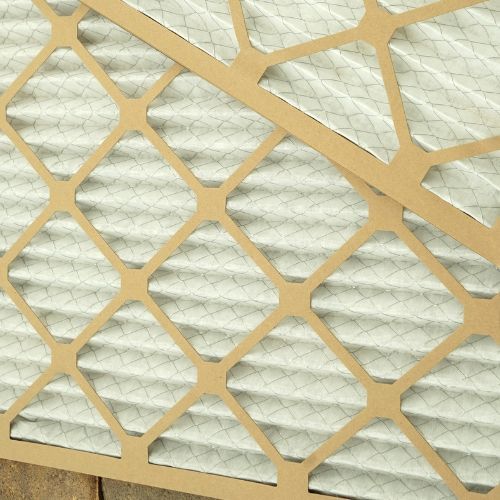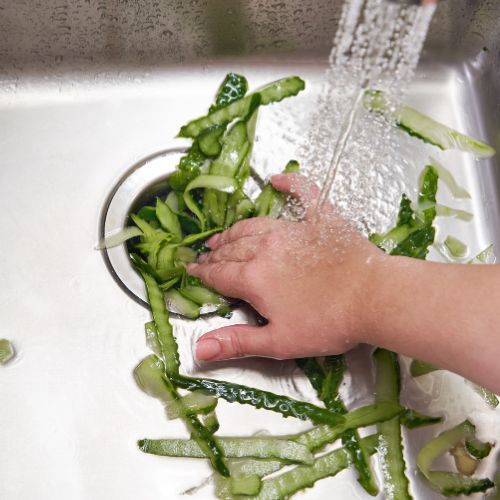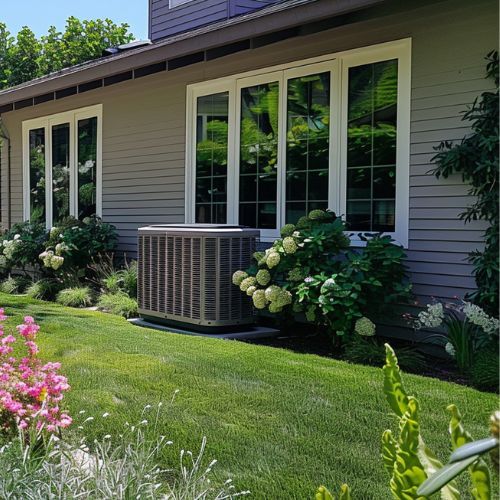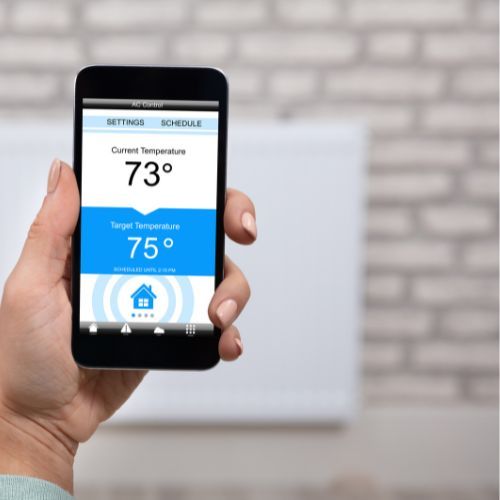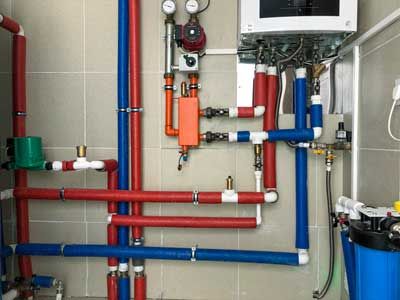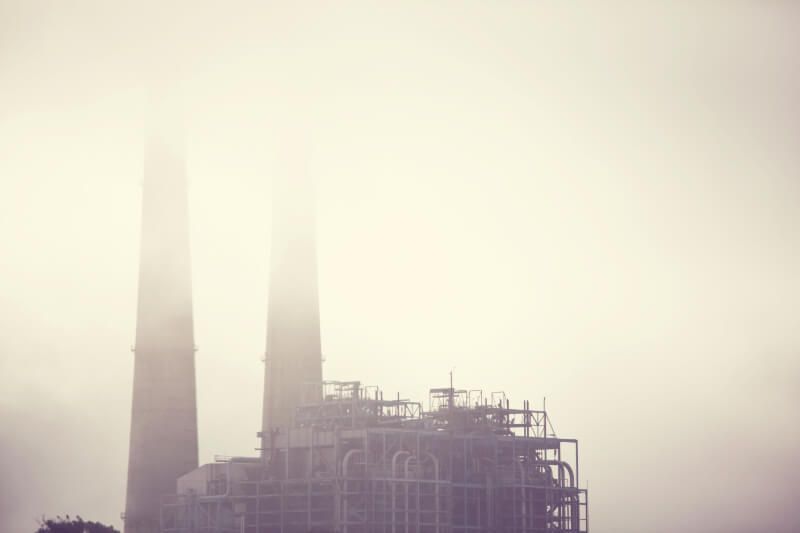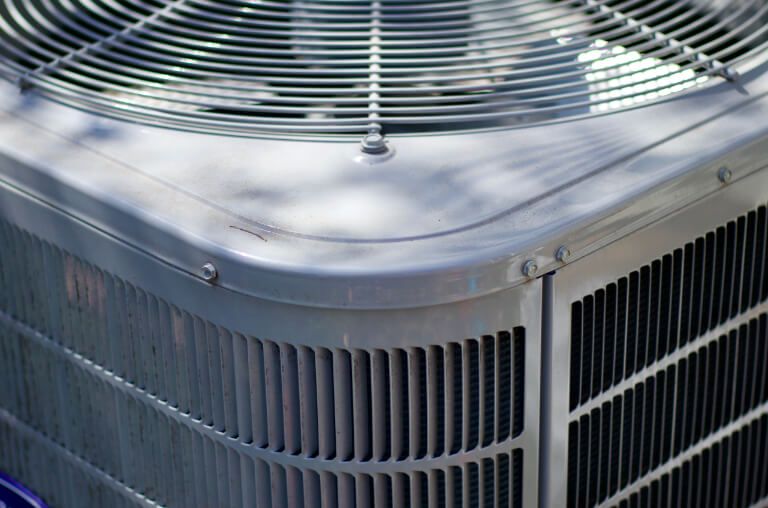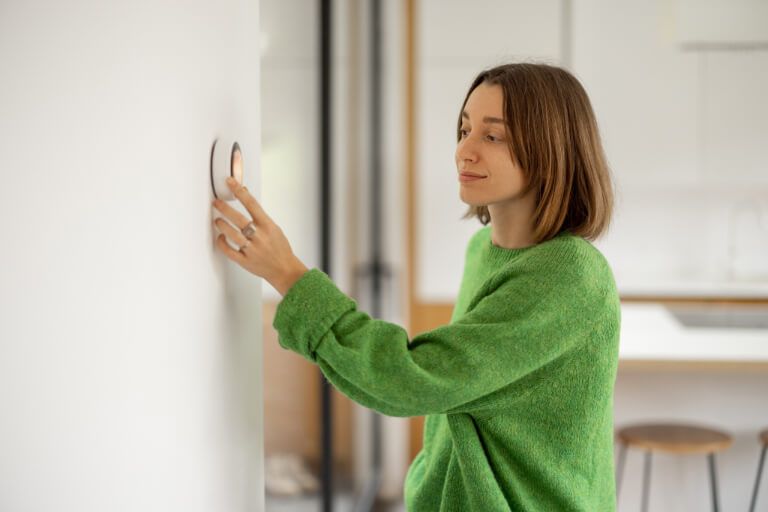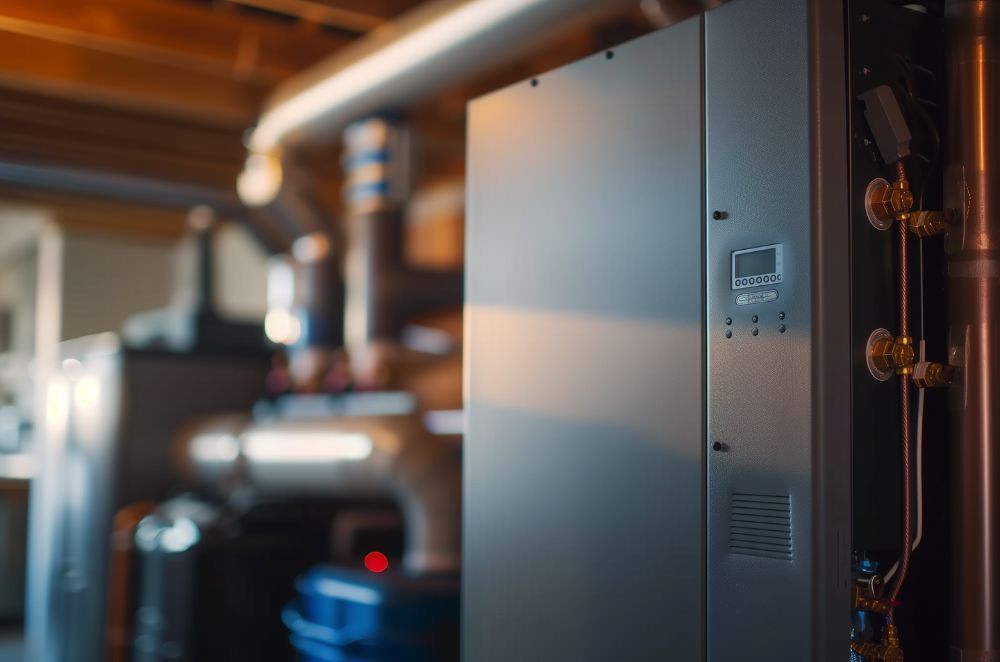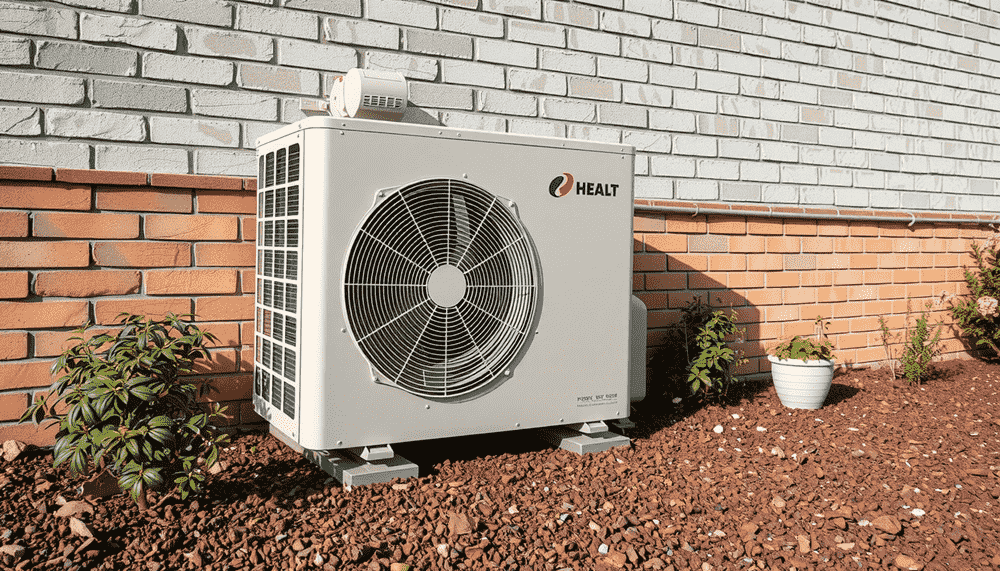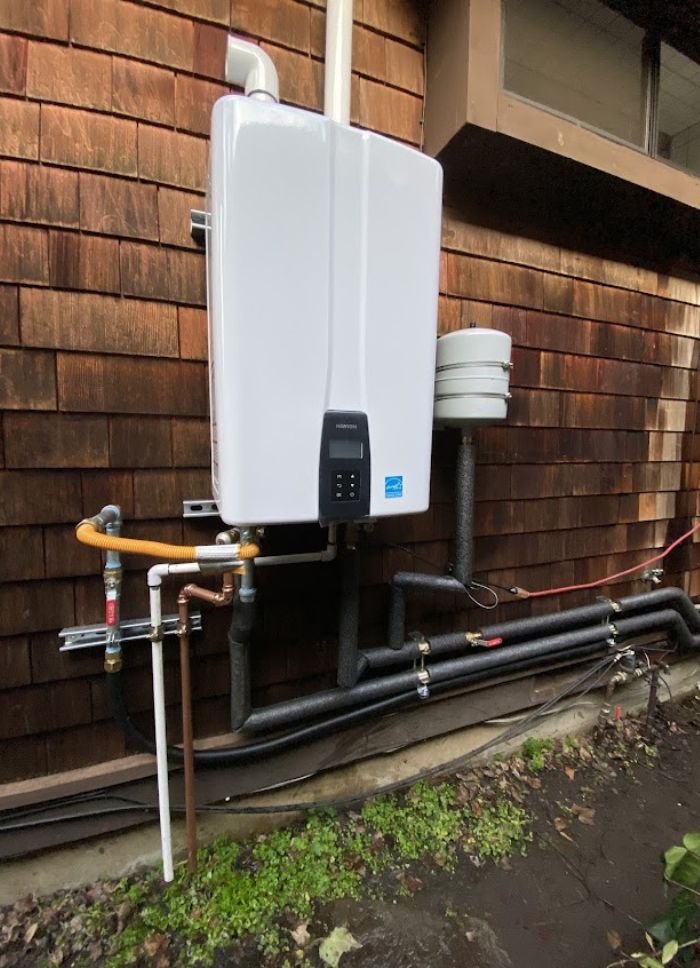Common Causes of Burst Pipes and How to Prevent Them
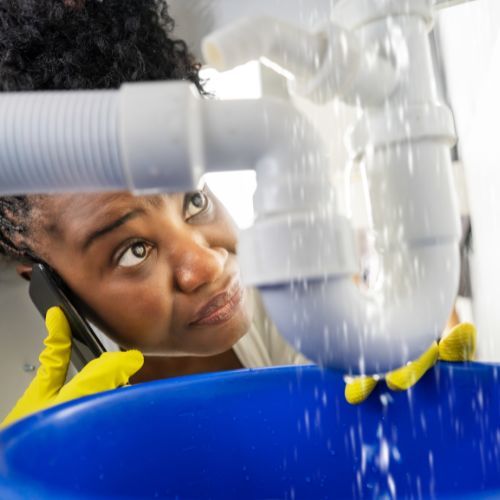
Table of Contents
ToggleThe aftermath of a burst pipe is a homeowner’s worst nightmare. Water damage can severely impact property, leading to mold and structural issues, and significant financial loss. A staggering 84% of escape of water claims are attributed to burst pipes.
Understanding the common causes of burst pipes and how to prevent them is crucial to protect your home and avoid such a catastrophe. Taking preventative steps can greatly lower the risk of water damage and expensive repairs. This article will delve into the primary culprits behind burst pipes and provide practical solutions to safeguard your property.
Common Causes of Burst Pipes
Burst pipes can occur due to many factors. However, they can typically be prevented with proper care and maintenance. Understanding these causes is the first step to shielding your home from damage.
Freezing Temperatures
The expansion of frozen water and the pressure it puts on the pipes can easily lead to cracks or bursts, particularly in exposed areas or those with inadequate insulation. To identify pipes vulnerable to freezing, look for those in unheated spaces, especially those you’re not using often.
High Water Pressure
High water pressure can place considerable strain on pipes, resulting in leaks and eventually, bursts. Signs of high water pressure include fluctuating water flow, unusual noises from pipes, and water hammer (a banging sound when faucets are closed).
Pipe Age and Deterioration
Over time, pipes deteriorate due to corrosion, mineral deposits, and general wear and tear. Older homes are particularly susceptible to pipe failures. Common signs of pipe deterioration include discolored water, low water pressure, and frequent leaks.
Tree Root Intrusion
In their persistent search for water, tree roots can penetrate and obstruct pipes, causing cracks and blockages. The warning signs can be sluggish drains, gurgling sounds, and sewage backups.
Clogs and Blockages
Accumulations of hair, soap scum, minerals, and other debris can create blockages in pipes, leading to a drop in water flow and a rise in pressure. This can weaken pipes and cause them to burst.
Sediment Buildup
Accumulation of mineral deposits from hard water can decrease the pipe diameter and lead to higher water pressure. This buildup can also lead to corrosion. Water softeners can help to mitigate sediment buildup.
Improper Installation
Incorrect pipe installation can cause various problems, including leaks, low water pressure, and structural damage. Hiring a qualified plumber for new installations or repairs is essential to prevent future issues.
Key Strategies for Preventing Pipe Bursts
Proactive prevention is key to protecting your home from the damaging effects of a burst pipe. This is how you can reduce the risk of water damage:
Insulating Pipes
Proper insulation is crucial for protecting pipes from freezing temperatures, especially in basements and attics, exterior walls, and other exposed areas. There are several methods of pipe insulation available, including:
- Foam Pipe Insulation: This is a popular choice for its ease of installation and affordability, and it can be adapted to different pipe sizes.
- Heat Tape: Designed to prevent freezing, heat tape wraps around pipes and emits heat to maintain a safe temperature.
- Pipe Sleeves: These are slip-on coverings that provide insulation and protection against physical damage.
Maintaining Water Pressure
Excessive pressure in the water system stresses pipes, which heightens the risk of ruptures. Consider installing a pressure-reducing valve as this device controls the water flow into your home, preventing spikes in pressure. Regularly checking water pressure with a gauge is also important to ensure it remains within recommended levels.
Regular Pipe Inspection
Routine inspections can help identify any damage, corrosion, leaks, and other issues before they get much worse. You can carry out simple visual assessments. However, professional plumbing inspections should still be performed periodically to prevent serious issues.
Addressing Leaks Promptly
Even minor leaks can result in severe water damage if they are not fixed. Some of them can be addressed with DIY methods, but it’s still advisable to consult a plumber for more complex issues. Professional plumbers have what’s necessary to address leaks efficiently and effectively.
Proper Plumbing Maintenance
Regular maintenance is essential for preventing pipe problems. This includes tasks such as:
- Clearing Drains: Regularly remove hair, soap scum, and other debris from drains to prevent clogs.
- Checking Faucets and Fixtures: Look for dripping faucets, loose handles, or other signs that look suspicious.
- Staying Away from Harsh Chemicals: Opt for environmentally friendly alternatives whenever possible.
Emergency Preparedness
Having a plan in place for a burst pipe emergency can help minimize damage. Locate the main water shutoff valve and teach household members how to turn it off. Additionally, consider installing a water leak detection system that can alert you to problems even when you’re away from home.
Additional Tips for Preventing Burst Pipes
Beyond the fundamental preventive measures, there are additional steps you can take to further protect your plumbing system.
Understanding Your Plumbing System
Being familiar with your plumbing system’s layout can be extremely helpful. Find the shutoff valves for toilets, sinks, and washing machines. By understanding the basic components of your plumbing system, you can spot issues on time.
Protecting Pipes During Extreme Weather
It’s easy for extreme weather conditions to put stress on your pipes. To prevent pipes from freezing during cold temperatures, let your faucets drip a little. In hot weather, check for leaks regularly, as increased water usage can put pressure on the system.
Homeowners Insurance
While prevention is key, it’s essential to have adequate homeowners insurance coverage to protect yourself financially in case of a burst pipe. Check your insurance policy to understand what water damage is covered and the potential deductibles.
Common Misconceptions About Burst Pipes
There are several misconceptions about burst pipes that can hinder effective prevention. Addressing these misunderstandings can help homeowners protect their property.
Older Homes Are More Prone to Burst Pipes
While it’s true that older homes may have older pipes that are more susceptible to deterioration, modern homes are not immune to burst pipes. Issues such as freezing temperatures, high water pressure, and improper installation can affect homes of any age. Regular maintenance and inspections are crucial for both old and new homes.
Insulation Is Only Necessary in Cold Climates
This misconception can lead to preventable pipe damage. While it’s especially important in colder regions to prevent freezing, insulation also helps protect pipes from temperature fluctuations in warmer climates.
Homeowners’ Insurance Covers All Water Damage
Many people assume that their homeowners’ insurance will cover any water damage, including burst pipes. However, this is often not the case. Most homeowners insurance policies generally cover sudden and unintentional water damage, but they may exclude gradual leaks or damage caused by negligence.
Protect Your Home – Take Action Now
The possible consequences of a pipe bursting are a serious threat to any homeowner. By understanding the common causes of burst pipes and adopting preventive strategies, you can notably minimize the chances of damage and loss.
From insulating pipes and maintaining water pressure to regular inspections and prompt leak repairs, there are numerous steps you can take to safeguard your home. Remember, prevention is key.
For full-range plumbing services and specialized advice, contact Elevated Comfort. Our experienced professionals can assess your home’s plumbing system, identify potential risks, and implement effective solutions to protect your investment.
